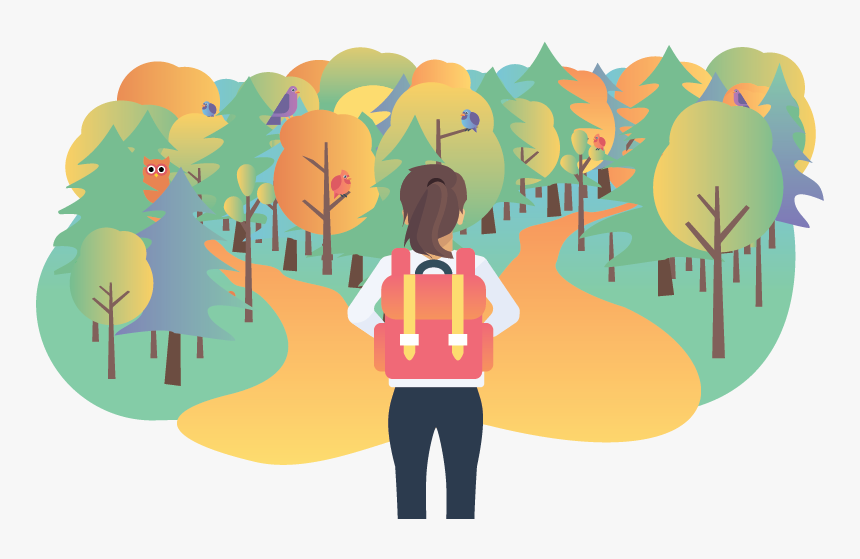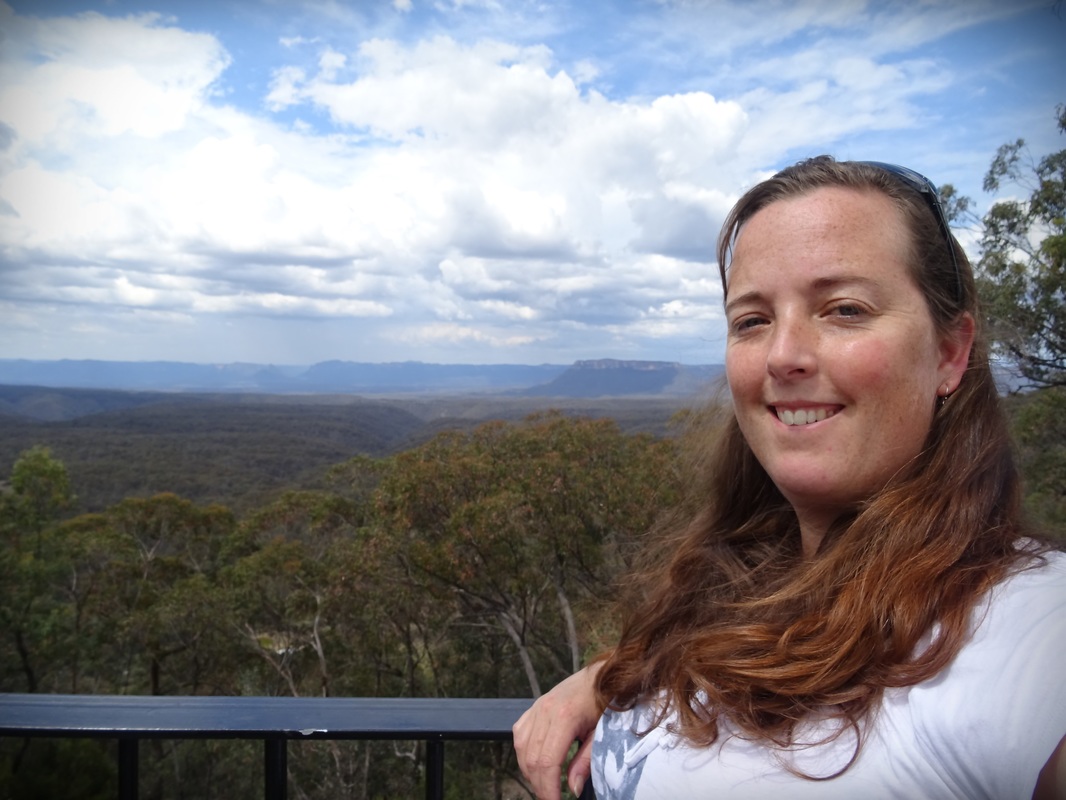|
As we begin to prepare for the possibility of beginning the new academic year online, a key point being discussed is how to create a sense of connectedness in isolation. As nicely summed up in a webinar from AdvanceHE last week (see here for members) connectedness is about interaction with the campus (including available services), with peers (both socially and academically) and with the lecturers. This discussion triggered me to reflect on my own undergraduate experience. I took an atypical path as an undergraduate starting an undergraduate degree in an engineering specialism before quitting and changing to horticulture as an external student and finally transferring to internal study from second year at The University of Queensland where I completed my bachelor of science (ecology/botany). These different experiences all had different features and provide a useful opportunity to compare external (with strong similarities to online learning) with internal pros and cons. (at the end of this blog is a list of useful links with different online teaching ideas). So I'm going to take you on a journey. Close your eyes (ok maybe leave them open enough to read!). Imagine you are 18, having grown up on a farm 60 km from the nearest town where you attended high school (a journey which took 90 minutes each way on the only school bus). For the last 6 years you studied really hard, attended every science or engineering summer school that your parents could get you to (which required begging financial support from organisers as we had no money) and you scraped through with a mark high enough to secure a local scholarship which covers textbooks and a computer). This is ,the beginning of my undergraduate (and adult) journey. Filled with excitement I moved 500 km away to Sydney into a share-house (we couldn't afford college/hall accommodation) with 4 others. The excitement continues into the first week of classes as they tell us about the fascinating subjects we are going to learn. However as semester gets underway the excitement gives way to stress as the material gets harder -fast. I fail a maths test. First test ever in my life I failed. I try to access my tutor (demonstrators in UK terms). No-one is available to help. I am just one of thousands of first year engineering students. They are all doing so well. I'm not good enough. I'm no-one. Parallel to this, I had never lived away from my parents for any length of time before this, and now they were 500 km away. I was homesick. In the end I quit. The day that fees kick in for the year (about half way through semester) I pulled out and called my parents in tears, afraid of their disappointment. They had spent so much time and energy helping get me the best possible opportunities despite our rural location. Dad drove the 500 km the next day to bring me home. I cried all the way back - but this time because I realised Dad wasn't disappointed in me. He wanted me to be happy. That's why they had done all they had. Not so I would do engineering but so I would be happy. This was a key learning point for me personally. I believe some of the most important things first years learn, are about themselves. Let’s pause on this journey and think about connectedness for a minute. The first lesson here I think is that part of first year is actually learning about disconnecting (not completely of course) from the protection of living at home. For our international students this is even more extreme with them also learning to disconnect a little from their own culture and adapt to a new one. How do we enable them to learn about themselves in these ways via online learning?? In the UK (at least in my sphere of experience) the first year marks are focused on progression to second year - which I think is good because it allows space for students to learn about academic expectations, learn about themselves, adjust to living away from home and make a few mistakes along the way. But unless we are careful, this space wont exist for students starting their first year online. Instead they will have to adjust to living away from home later in their degree when the marks count more. The second point on connectedness is that, although I was connected to the campus, I did not feel connected to my peers. Even though there were only 15 in my specialism, we had classes with all the thousands of other engineering first years and I felt isolated despite the masses. And in the end this is what triggered my quitting …I'll leave this point here and come back to it later. Fast forward 6 months. I've settled back in at home and enrolled in bachelor of horticulture as an external student. Our external cohort is something like 30 students and we do all the same material that the internal students do, except we don't go to lectures (back then internal students actually attended most of their lectures!). We are sent lecture notes, example questions and tutorial activities which we receive feedback on from the lecturer via email, and my timetable was mine to decide and I could work at a pace that suited me. ----I need to pause here and explain this was 20 years ago (yes now I feel old!) and our online environment was Blackboard and email. There was no real-time discussion (I didn't even have a mobile phone yet!). So communication was almost exclusively email--- We did our practicals during residential visits to the campus where we stayed in college/hall accommodation and did 2 pracs per day for 4 days straight for each module during the uni breaks at Easter and in October. In terms of connectivity: Despite the distance, I felt connected to my peers - we were given each other's emails at beginning of semester and we interacted a little (in some classes) on Blackboard. Additionally as many of us did the same modules, we spent almost 2 weeks together during residentials. This meant we got to know each other very well and made subsequent communications much easier. This is fairly similar to the change in relationships I see coming out of field trips. If this is to be replicated online I think smaller groups (for example our personal tutor groups) having regular activities (not all academic) using video calling will be important. Of course during this time I didn't learn about reducing the connectivity with 'home' as I still spent a lot of my time with my parents or at my friends' houses in the nearby town. But I did learn in 'my space' at my pace. The biggest negative to being external was in terms of learning during residentials. We crammed so many practicals into 4 days - some of which we hadn't even covered the theory for yet - which means I honestly cannot remember any of the practicals or the learning that should have occurred. I fear this is also likely to be the outcome of short-fat modules that cram a whole semester into just a few weeks. I also found (20 years ago) that getting help with the harder material in second year had challenges as an external student. I couldn't knock on my lecturers door and ask them to explain something. They did their best but conversations with questions and answers could take a week or more to solve. At this point I had been living on the gold coast with a boyfriend (had learnt to disconnect (a tiny bit) from my family home) and so I thought I would go internal at the University of Queensland which also meant re-starting second year. This experience was amazing. 8 am on the first Monday morning was Plant Science. The same 24 students I went to almost every class with from that hour onwards. I made life-long friends in that class and the lecturers are now some of my research collaborators. The whole degree was very research based with a lot of group work, semester-long experiments and field work. All of which meant I felt connected with both my peers and my lecturers. And the culture around me was of life on campus - we did almost everything on campus (except sleep, and I waitressed 3-4 nights a week to help pay my rent) - in fact the culture was influenced by the campus (even campus botany!) in that when the jacarandas flowered it meant exams were almost upon us! This is where my undergraduate journey transitions to honours and onto government/industry research.  When I click my fingers, you will wake, completely yourself (yes I'm assuming you are either hypnotised or asleep by now!). Returning to the current situation we have many tools that can enable us to make the most of both worlds - but what is it we can take from this experience of external and internal study modes:
Collaborative software like Microsoft Teams allows a space for many of these things to occur but the challenge now is how we design activities that support connectivity with peers, staff and somehow with campus (which to begin might be a virtual campus). I've written previously about my third year class and using Microsoft Teams for group assignments (here) and about using mobile apps for helping connect lectures to practicals (which could also be done as a virtual or local treasure hunt). The treasure hunt could potentially be used to help connect students to campus by getting them to find webpages with the appropriate support services, or even using google earth to see how it actually looks. These are not the solutions to everything, or the only solutions out there (see links below for other locations to get ideas) but I hope this blog helps to identify pitfalls and benefits of past internal and external experiences. Since it is clearly possible to feel isolated while surrounded by 1000 students (as I was in engineering) I honestly believe that together we can make all learning environments better (and more resilient) for the future. Links: https://www.arlab.co.uk/teaching-with-microsoft-teams.html https://www.advance-he.ac.uk/ https://en.actionbound.com/ https://digitaleducationpractices.com/2020/04/28/episode-1-transitioning-from-in-person-to-virtual-workshops-without-much-notice/ https://blog.ucem.ac.uk/onlineeducation/ Additional links: Below are a few articles from 'Tomorrows Professor':
1 Comment
|
AuthorAmanda Rasmussen Archives
May 2023
Categories |




 RSS Feed
RSS Feed
